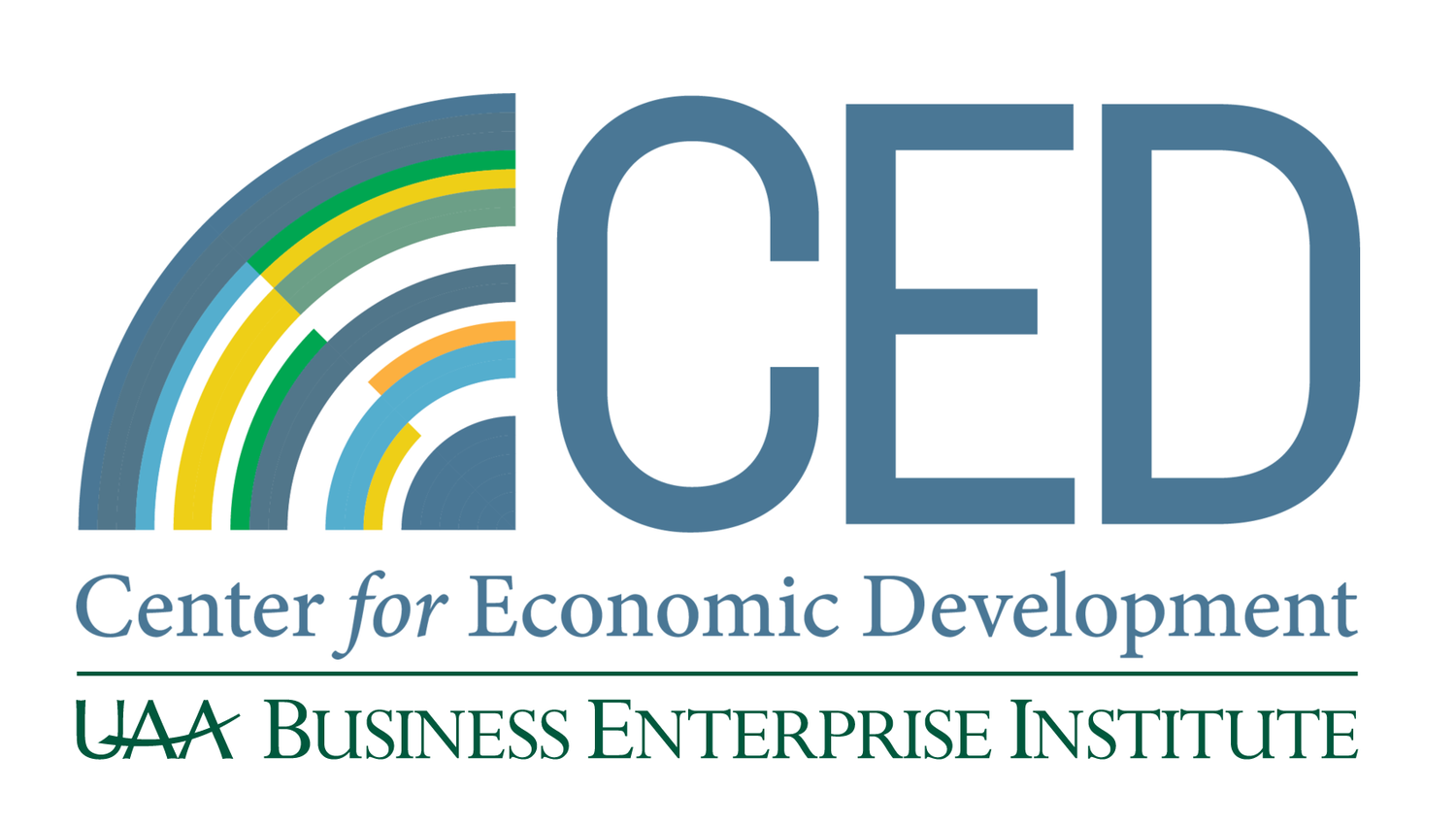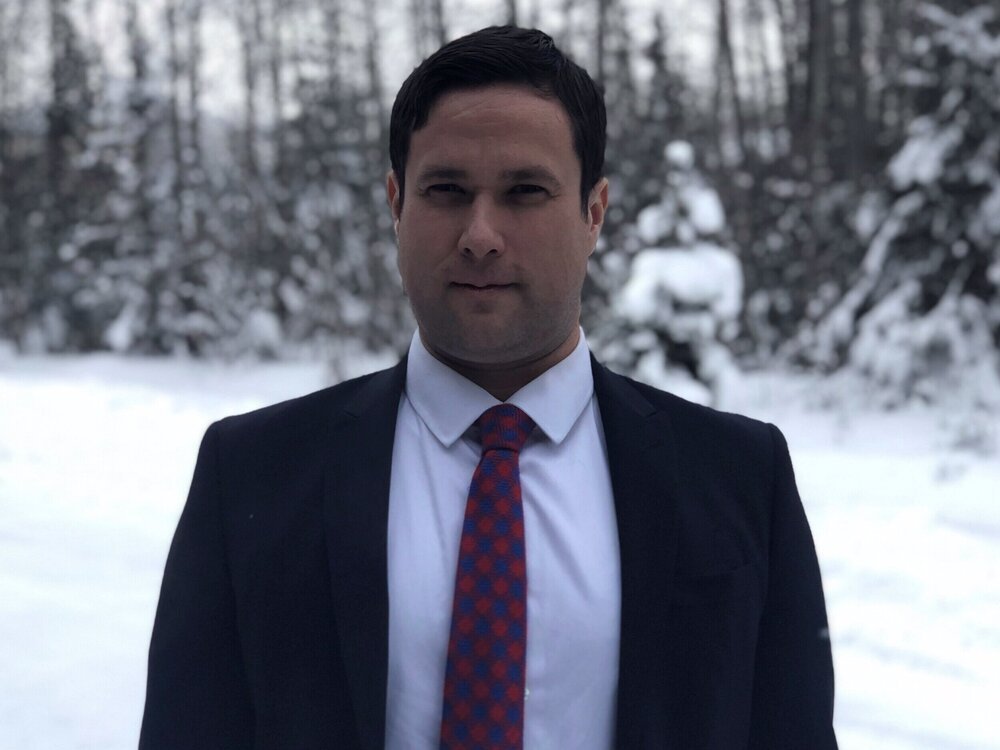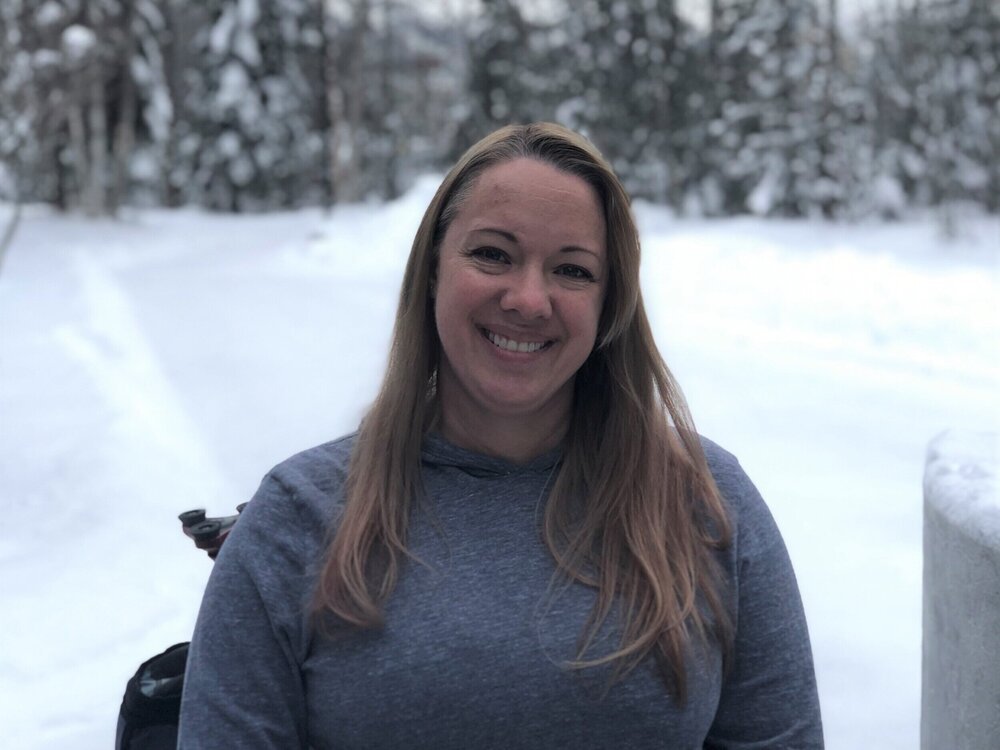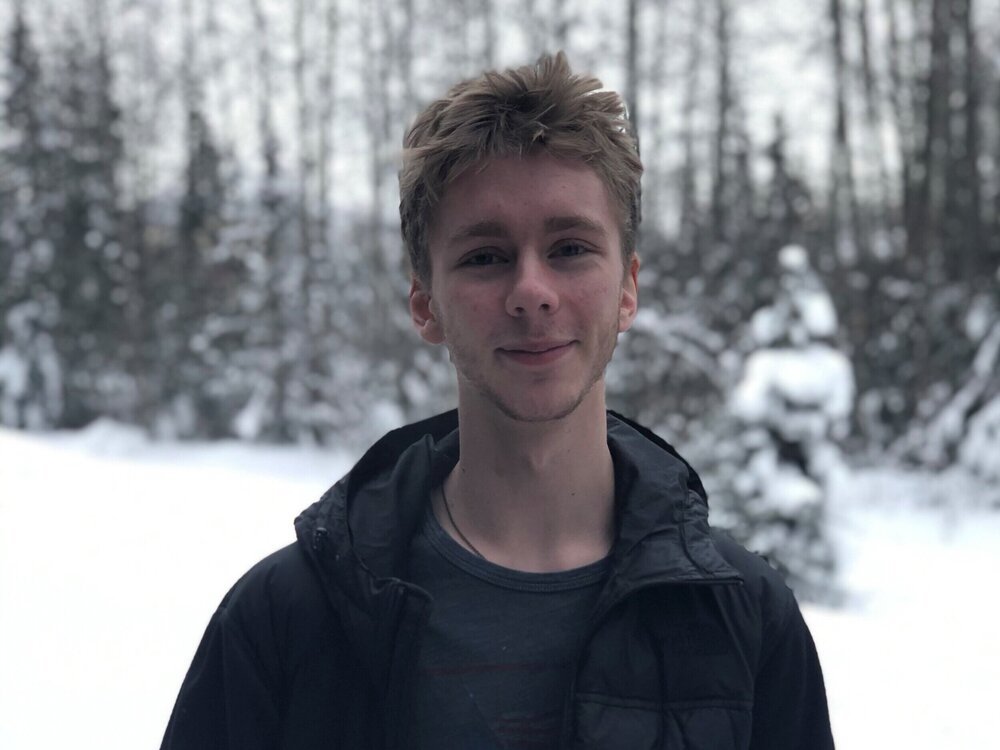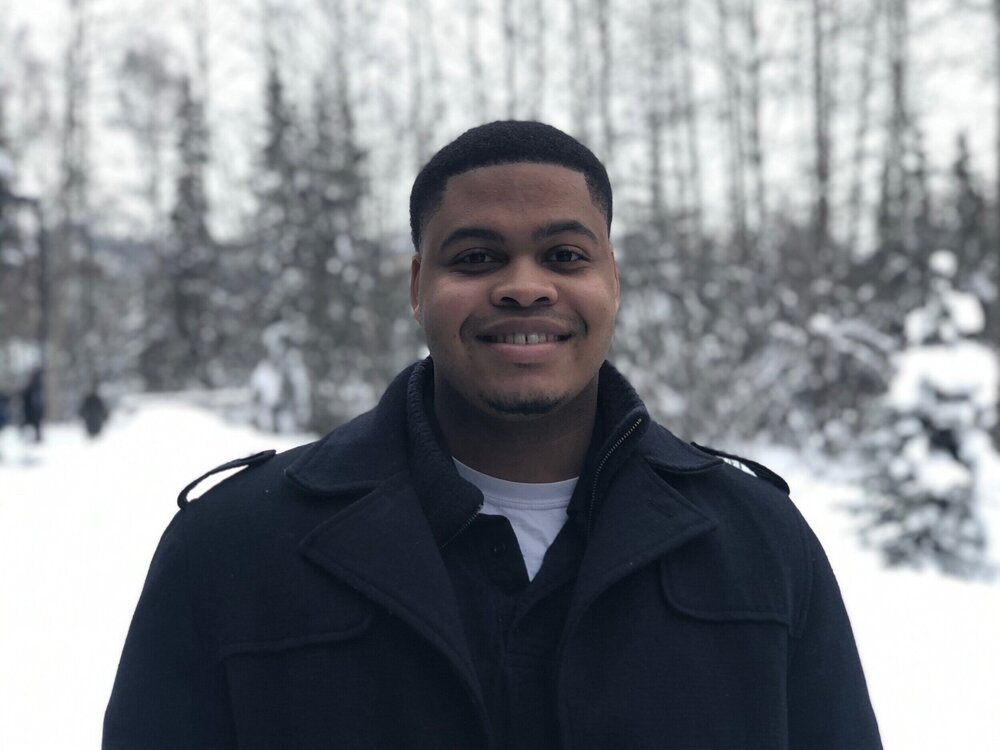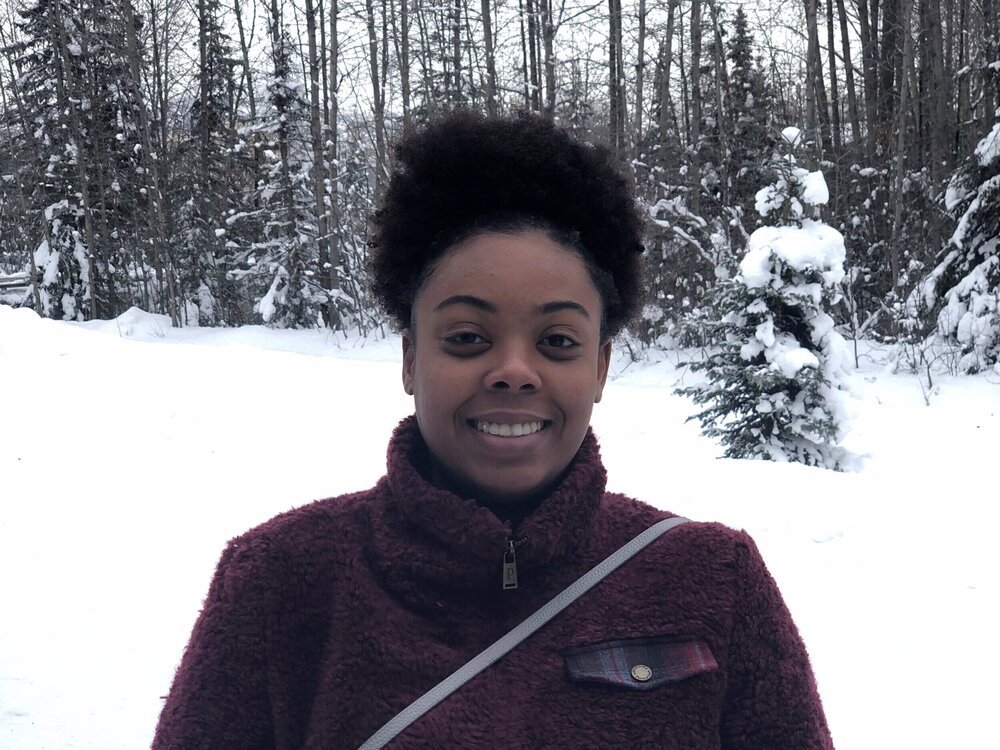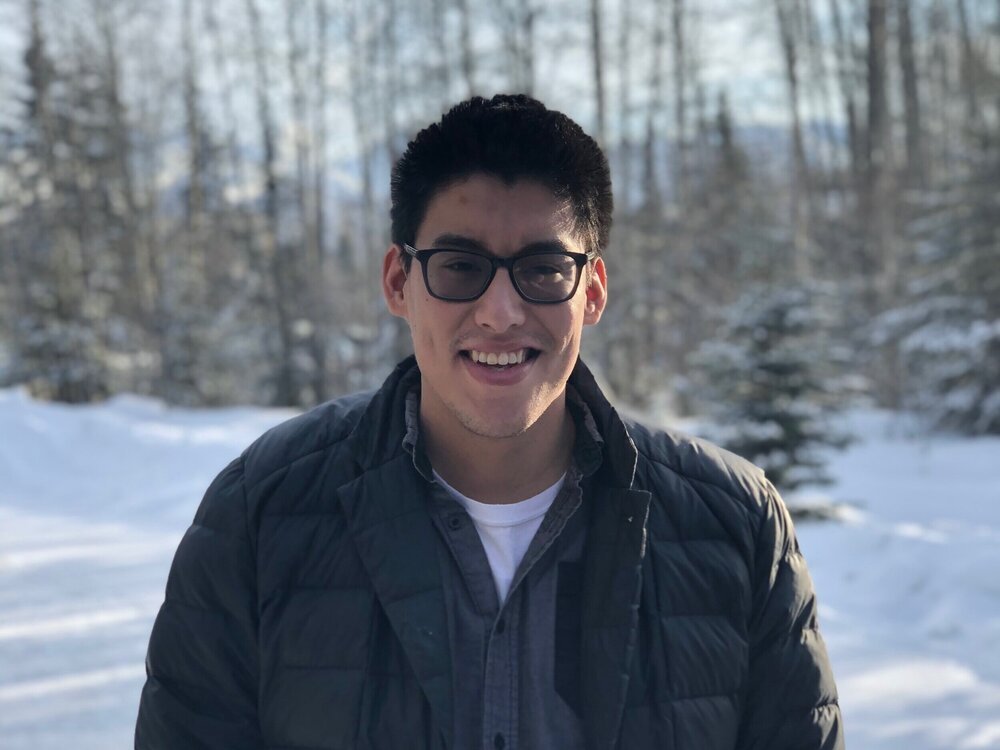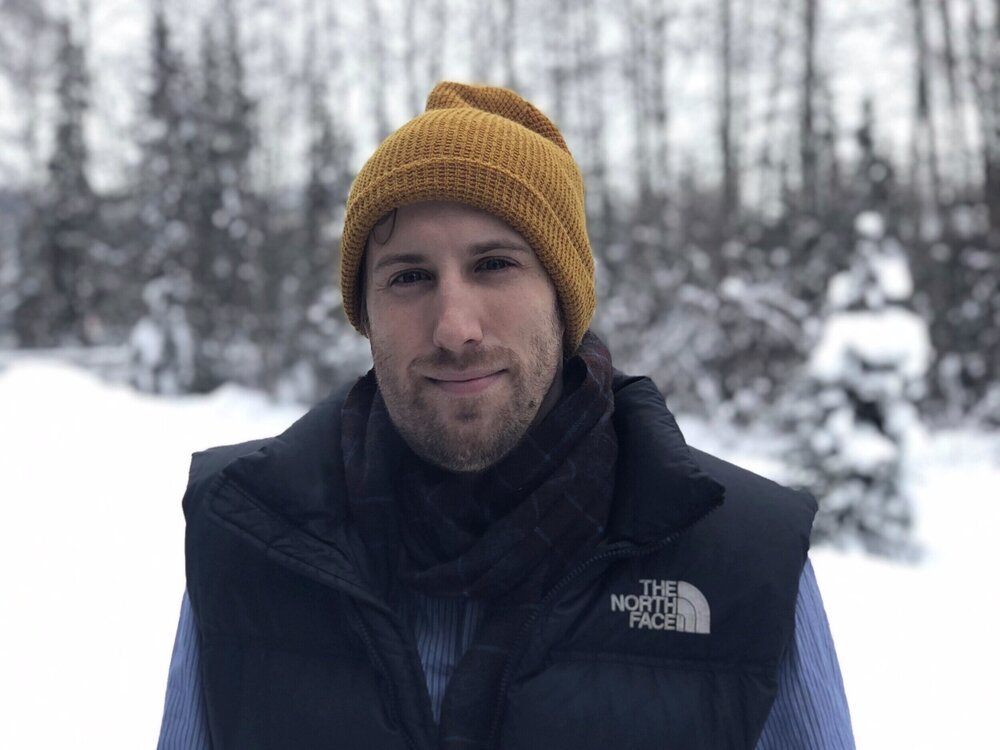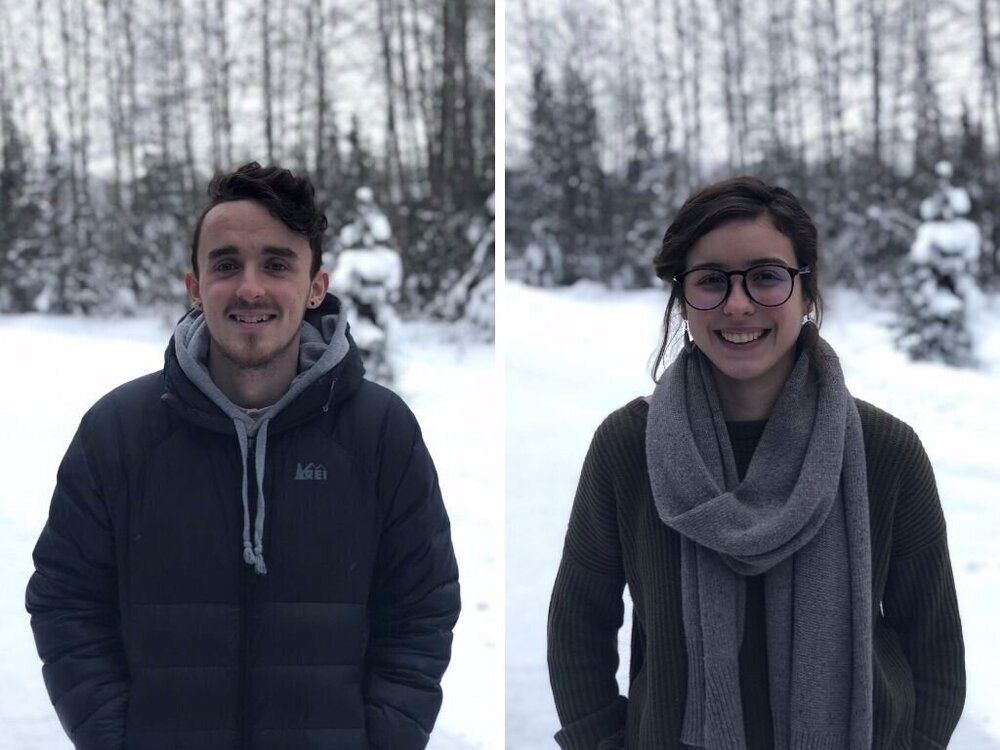TL:DR: CED’s first Upstart Accelerator cohort modelled build-test-learn by taking a dose of our own medicine and rolling with the punches.
“‘You miss all the shots you don’t take’ - Wayne Gretsky” - Michael Scott
Heads in clouds: Upstart Alpha Student Accelerate really started out as a dream for me. Gretchen Fauske, my boss and Center for Economic Development (CED) associate director, and I were talking about projects we would do if we had all the money/time to do them. A student accelerator quickly became one of our favorite ideas -- so much so that we wrote an initial plan for one.
What do fairy godmothers, genies, and grants have in common?: Fast forward two years, that plan was buried in our google drives gathering virtual dust when we received an opportunity. The Office of Naval Research was looking to fund innovation in Alaska. We quickly put together a proposal updating that old plan with many new learnings from the past two years. In conjunction with our partners, this proposal was added to the larger ONR funding application. We crossed our fingers figuring it was a long shot.
BAM!!!!
Just like that we had funding for this dream project.
The dream project needs a dream team: I, the entrepreneurship and accelerator lead, worked to build the curriculum and gather resources for the accelerator. Margo Fliss, Manager of Strategic Engagement, jumped on to co-instruct with me and test out the curriculum. Then, we hit the jackpot with Julie Gardella joining us on the instructing team as an Alaska Fellow.
Nolan Klouda, CED Director, and Gretchen worked on creating collaborations and partnership throughout the University and preparing the grant. With an assist from Christi Bell, Director of the Business Enterprise Institute (CED’s parent org), we were able to make connections and create a plan for the first cohort to be based at University of Alaska Anchorage.
Goals, goals, goals: As the dream team, we challenged ourselves to find the guiding values for this accelerator. Here’s what we came up with:
Diversity = innovation: Great ideas and businesses most often come from combining different ideas, experiences, or best practices in a unique way. Each person in our cohort would bring a different slice of genius: their personal set of experiences, backgrounds, and ideas. Therefore, we encouraged students from all disciplines and non-students to apply. From this intentional outreach, we interviewed and accepted a diverse group of twelve people for our first cohort.
They got skills (pending): Next, we prioritized building the entrepreneurial capacity of each cohort member. We knew that our focus on early-stage ideas and start-ups would mean that many in our cohort would not continue to pursue the idea they came into the cohort with. That being said, the ideas the cohort member interviewed with were less important in our selection process than their coachability and interest in entrepreneurship. We wanted them to come out of this process with the tools and skills to pursue any opportunity when it was the right time for them.
Who do you know?: Our entrepreneurial ecosystem depends on and thrives with members giving first and caring for one another. We pushed our cohort to give and be involved in the ecosystem. We also had the support of mentors and speakers from throughout the ecosystem that helped our cohort build skills, modelled entrepreneurial mindsets, and demystified the idea of becoming an entrepreneur.
Who has two thumbs and conducted the grand curriculum experiment. This lady.: With this vision in mind, I put together the first draft of the curriculum from my experience leading smaller sprints and workshops and through research and collaboration with similar accelerator and program structures (Launch Alaska andAnchorage Community Land Trust, I am looking at you!).
Margo, Nolan, Gretchen, Julie, and I revised that curriculum into a finalized plan for the Spring semester. The structure of this curriculum included:
Weekly sessions group sessions to learn entrepreneurial skills, often with guest subject matter experts. Skill-building topics included customer discovery and validation, prototyping, financial modelling and funding, founder physcology & team-building, iteration and pivoting, pitching, etc.
Weekly one-on-one advising meetings for each cohort member to create accountability and allow customization for their specific needs
In-session guest speakers and one-on-one mentor meetings with entrepreneurs and subject matter experts to provide more perspectives and advice as well as build community
I named this section the ‘grand curriculum experiment’ for a reason. The word curriculum complicates what is simply us initiating our idea for an accelerator into the build-test-learn loop. The finalized curriculum plan was our build phase. It resulted in a group of hypotheses on how to best run an accelerator for early-stage entrepreneurs in Alaska.
Life’s Your Test: The only “tests” in Upstart Alpha were hypotheses testing. We intended to test our curriculum in an entirely in-person learning environment this semester. We tested the curriculum by implementing it, gathering feedback from the cohort and stakeholders every week, and learning from their experience. We pivoted and revised what we could as we went along and gathered ideas for the next cohort.
COVID threw a curve ball in what we envisioned testing. We pivoted online half-way through the semester. We built an online learning environment and transitioned our curriculum to digital formats. The instructing team and I learned a lot along the way.
Our cohort accelerated their businesses and worked hard through all the pivots and transitions. The first Upstart Alpha cohort consisted of early-stage entrepreneurs with a variety of ideas and industries. The cohort was a combination of students and community members. Our cohort started with twelve members working on eleven businesses or ideas. They included:
Kristal Perez Aviles & Cannen Burgess worked on Clearspace, an alcohol-free third space for young adults.
John Boren is working on GifDat, a voice to Gif generator.
Melvin Captain worked on a cannabis consulting firm.
Natalie Carlson is working on The Family Letter, an all-in-one family communication platform.
Jack Carroll worked on a peer-to-peer textbook sales platform and, then, an auto-redaction software for legal professionals.
Travis Gularte is working on 907 Financial, Alaska Native Financial Health Organization, and an investment company. Gularte’s businesses are specializing in financial literacy programming for businesses, financial coaching for individuals, and investment management.
Zoua Her is working on HydroPlant, a hydroponic food production company
Cody Herron-Webb is working on AKConcerts.com, a website for information about concerts, events, and ways to support Alaskan musicians.
Xavier Mason is working on MarinaX Digital Bank, a digital banking service for Nigerians and the Nigerian diaspora.
Lexlany Tejada is working on bilingual, early-childhood education resources.
Patty Wallman worked on a floor-resting inversion board.
Not everyone that started in the cohort stayed throughout, and for many people, their ideas and businesses changed substantially throughout. Some of our cohort will continue on with their businesses, others realized their idea was not feasible or sustainable for them, and still others plan to pursue different academic and professional opportunities. All of them built entrepreneurial skills and relationships within the entrepreneurial ecosystem.
Did a thing or two, learned a thing or two: Testing our curriculum validated some hypotheses and disproved others. It resulted in a lot of learnings. Some of our major learning were:
Inflection points: We went into this process knowing that businesses created, business ideas abandoned (for a good reason), and business pivots were all measures of success for us. We learned that the road to get to those major decisions required inflection points and that our program needs to push each cohort member to their inflection points. Then, once at an inflection point, teach them to work through that turbulence.
Timing is everything: We packed a lot of learning into a short semester working around the university schedule to ensure the cohort had midterms, finals, and spring break weeks free. We realized that since our program is not for credit and not based on grades, we do not need to follow the semester time frame and instead can create a schedule to allow our cohort to have more time while still having important academic weeks off.
Expectations and boundaries: We set expectations early on in the cohort. However, we did not enforce them well or teach our cohort how to set their own around their business. This oversight resulted in some of our cohort reaching inflection points significantly more slowly.
Digital delivery: Due to COVID, we quickly transitioned to a digital learning environment. We learned what our program would look like online, what curriculum works, and how to facilitate learning.
Encore, Baby: *drum roll* And we’re doing it again! We are incorporating all our learnings into our next, fully digital, cohort. Stay tuned for the next iteration!
#StartupLife: Accountability, skill-building, and community greatly accelerate business growth and movement through the build-test-learn loop. Upstart Alpha Accelerator creates that environment for early-stage businesses and continues to improve by using those same principles ourselves.
